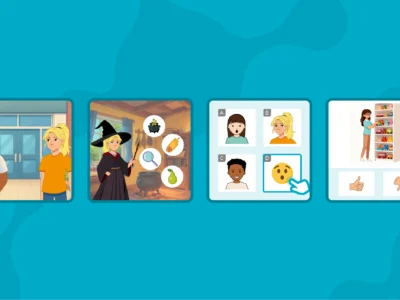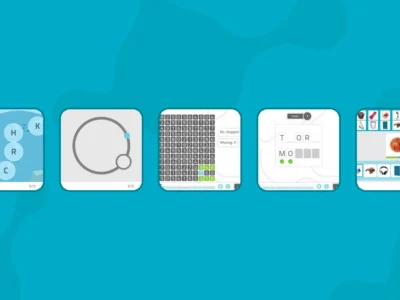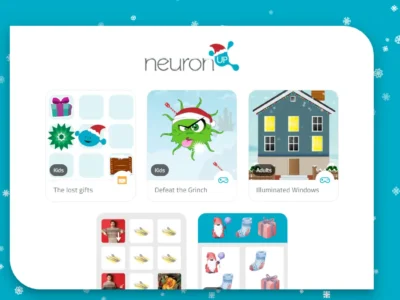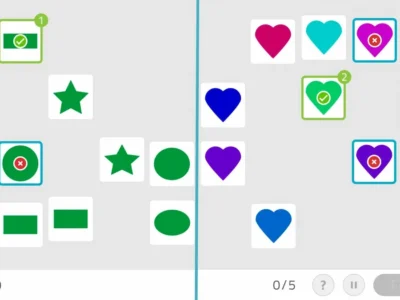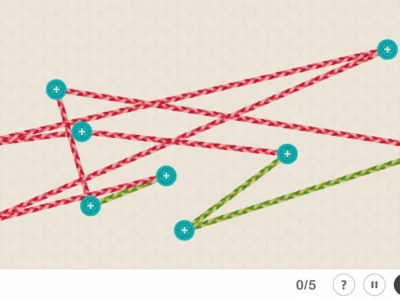”Memory is the diary that we all carry with us”.
Oscar Wilde
It is a brain function that is essential for our learning and, therefore, for our survival. Thanks to it, we can better adapt to the needs of our environment.
From a morphological point of view, memory is closely related to the hippocampus, but it should be noted that several regions of the brain influence the process. It is interesting to mention that the meaning of words is stored in the right hemisphere, childhood memories are preserved in the temporal cortex, or that the frontal lobes are responsible for perception and thinking.
Types of memory
We have three different types according to the multi-store theory by Richard Atkinson and Richard Shiffrin, which states that information passes through different stores as it is processed. Therefore, we make the following division.
Sensory memory
Short-lived, it records information through the senses. It processes a large number of stimuli, which remain for the time necessary for their selection and identification for subsequent processing.
Short-term memory
Also known as operative or working memory. Its capacity is limited, and it can retain a few elements for a short period of time. This type is broken down into four parts.
- Visuospatial sketchpad. It is responsible for the active maintenance of information (images). It would take place, for example, when learning a route.
- Episodic buffer. It is a system specialized in integrating information coming from various sources. In this way, it represents visual, verbal, spatial, and temporal information.
- Phonological loop. It operates with verbal information. It facilitates the maintenance of the inner speech process involved in short-term memory, as happens when we memorize a phone number.
- Executive system. Its task is to control and regulate the working memory system.
Long-term memory
It is the one that allows us to retain information for the longest time. Within this, we distinguish between two types.
- Explicit or declarative memory: it is the store of information in a conscious way. In this type of memory we distinguish episodic memory (it is characterized by the fact that what we remember are facts or events, lived experiences located in space and time) and, on the other hand, semantic memory (it consists of recognizing the meaning of objects, vocabulary, or general knowledge).
- Implicit memory or procedural memory: it refers to actions or sequences of learned acts, most of which we do automatically without the need to think about each gesture or movement we make (it is often difficult to verbalize them).
What is memory for?
Memory is the storehouse of our recollections and our experiences. Thanks to it, we remember who we were with yesterday, where we have been on vacation, the conversations we have had before, our academic knowledge, professional experience, etc.
Thanks to memory, we are who we are, we learn and we change according to the relationships we have and the needs of our environment.
Therefore, diseases such as Alzheimer’s, where memory is gradually lost, little by little, end up gradually erasing the essence of the person.
Assessment and cognitive stimulation of memory
Seeing a specialist in cases of cognitive impairment is essential. The professional will put their experience at your service to find the best method to work on memory through cognitive stimulation.
Cognitive stimulation brings together all those activities aimed at maintaining or improving mental functioning and slowing down deterioration through different exercises with the help of stimulation programs. At NeuronUP we have a wide variety of cognitive stimulation exercises focused on memory training.
NeuronUP exercises to rehabilitate memory
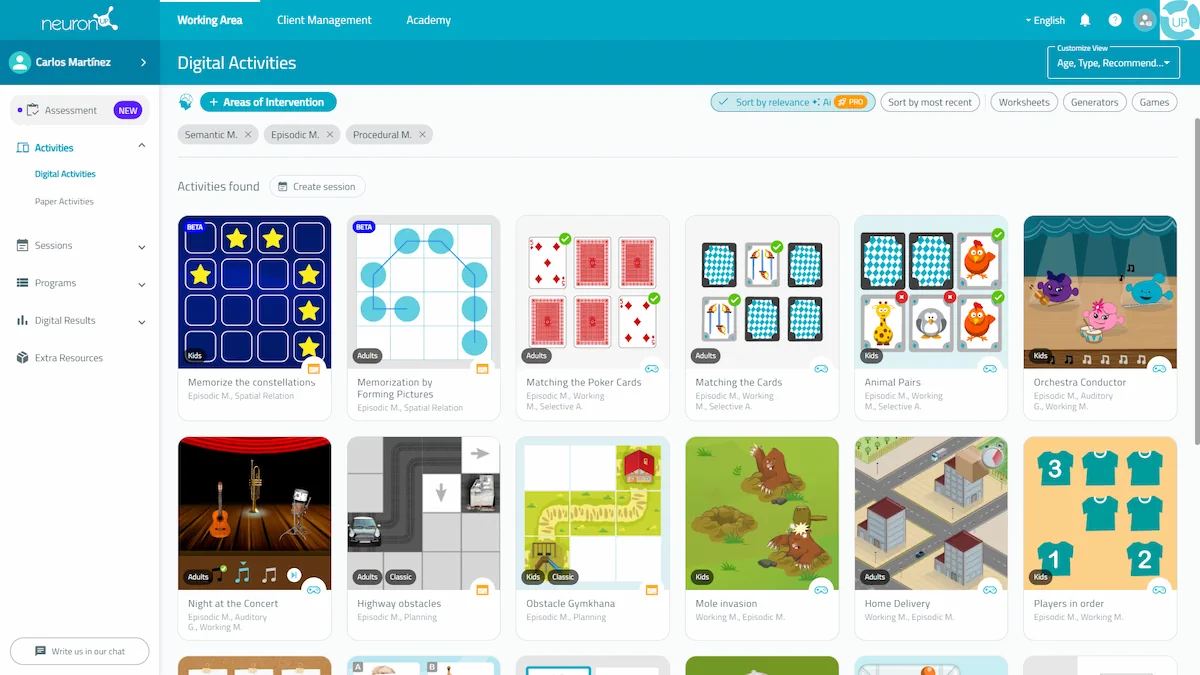
At NeuronUP we offer various activities to exercise memory, for example, in conditions such as Alzheimer’s. Regarding episodic memory, one of the exercises is Animal pairs, which involves finding the pairs among all the face-down cards by turning them over two at a time and, if they do not match, turning them face down again. Another exercise example, in this case to work on semantic memory and widely used by our users with people with Alzheimer’s, involves matching items with the category they belong to.
Check out our articles on memory
Activities for children with autism with high ecological validity
At NeuronUP, we are expanding our children’s catalog with four activities for children with autism, specially designed for autism intervention. These children’s activities for autism stand out for their high ecological value, as they allow key skills to be trained in contexts very close to everyday life, promoting the generalization of learning beyond the therapeutic …
The most used NeuronUP games in 2025
Find out which NeuronUP cognitive rehabilitation and stimulation games neurorehabilitation professionals have used the most to work with their users in 2025. List of the 10 most used NeuronUP games in 2025 1. Making Words What is the game and what does it work on? This NeuronUP game consists of building words by arranging fragments, …
Christmas Special: 5 Festive Cognitive Stimulation Activities
This year we have a gift for you. We’ve published 5 Christmas activities for you to work with your users during this magical season. Discover them now! Christmas activities for children Christmas activities for adults 1. The lost gifts This worksheet aims to work on planning and includes a total of 25 levels, with the …
Selective Attention Games for Adults: Twin Shapes and Color Matching
Today we present two new games that help improve selective attention in adults: Twin Shapes and Color Matching. What do these activities consist of? We will explain separately what these two activities consist of: Twin Shapes The Twin Shapes game aims to identify and match the geometric figures on the screen that are identical. When …
Spatial Visualization Game for Kids: Entangled ropes
Today we publish our new game Entangled ropes that trains spatial visualization in children. What does this activity involve? Below, we show you an example of the activity Entangled ropes: What does this activity train? By playing this game, we are training spatial visualization in children. Tangled Strings consists of moving the vertices of the …
Inhibition Game for Adults: Pick the Flowers
Today we introduce our new game Pick the Flowers that helps improve inhibition. What does this activity involve? This adult game from NeuronUP aims for the player to press the button located in the center of the screen each time the element shown at the top appears. What does this activity target? Recoge las flores …
Bibliography
- Atkinson, R.C.; Shiffrin, R.M. (1968). «Chapter: Human memory: A proposed system and its control processes». En Spence, K.W.; Spence, J.T., eds. The psychology of learning and motivation 2. New York: Academic Press. pp. 89-195
- Ruiz-Vargas, J. M. (2010). Short-term memory. In: Manual de psicología de la memoria, pp. 147-179. Madrid: Síntesis.
- TirapuUstárroz, J. y Grandi, F. (2016). On working memory and declarative memory: proposal for a conceptual clarification. PanamericanJournal of Neuropsychology, 10 (3): 13-31.
- Tirapu-Ustárroz, J. y Muñoz-Céspedes, J.M. (2005). Memory and executive functions. Revista de Neurología, 41 (8): 475-484.
- Cowan, N. (2008). What are thedifferencesbetweenlong-term, short-term, and workingmemory? Progress in BrainReserarch, 169: 323-338.
